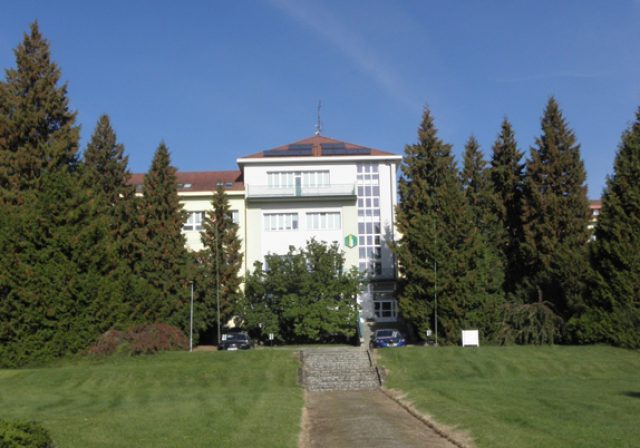- Collection name: Culture collection of microorganisms of CARC
- Acronym: VURV
- WDCM number: 1236
- Institution: Czech Agrifood Research Center (Národní centrum zemědělského a potravinářského výzkumu, v.v.i.) (before 1 January 2025 – Crop Research Institute – Výzkumný ústav rostlinné výroby, v. v. i.)
- Address:
Drnovská 507/73
161 06 Praha 6 – Ruzyně
Czech Republic - Website: https://www.carc.cz/culturecollection/
Website of the catalogue or database of the collection: https://www.carc.cz/domains/carc.cz/wp-content/uploads/2021/08/list-VURV-coll-en.pdf, https://www.microbes.cz/collections/vurv.exe/search?lang=eng&org=FY - Correspondence data:
E-mail: collection@carc.cz
Tel.: +420 233 022 373
Correspondent: Dr. David Novotný, E-mail: david.novotny@carc.cz
Member holdings
Group(s) of biological resources stored in the collection: bacteria, yeasts, filamentous fungi, oomycota, plant viruses
At present time, the collection holds more than 85 isolates of viruses, more than 750 strains of bacteria, more than 2500 strains of fungi and microorganisms similar to fungi (Oomycota). Majority of strains originate from the Czech Republic.

